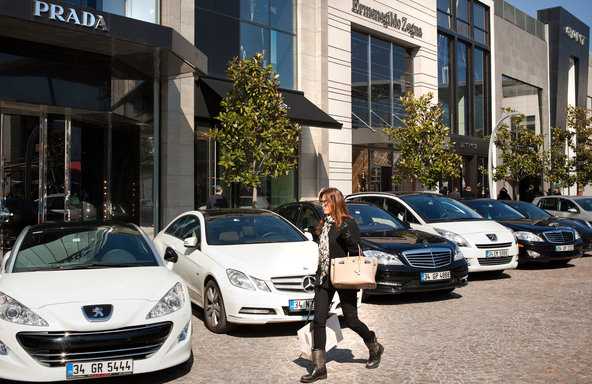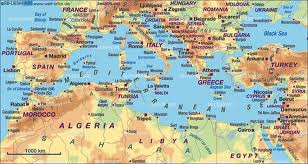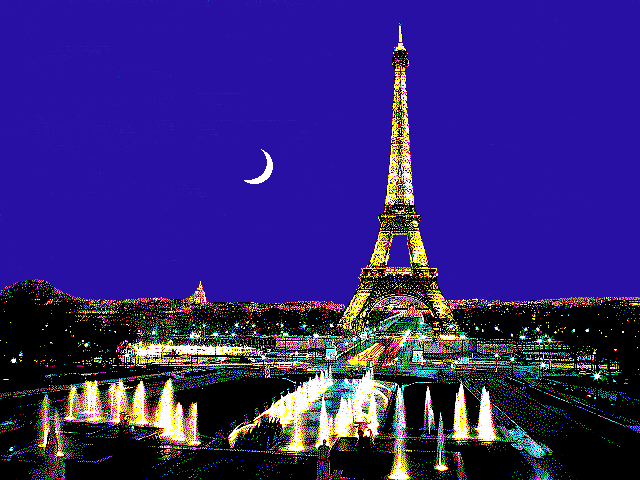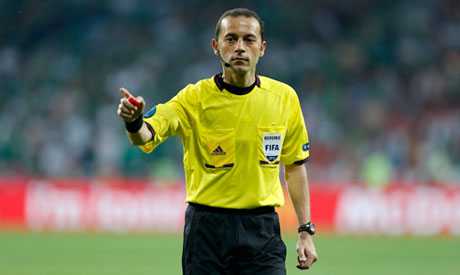Multiple indicators suggest that the 2012 London Olympics may be used as a stage for false flag operations: the environment is primed for insider attacks, the security plans are flawed, and the threat indicators match other false flag attacks.
Large amounts of troops, contractors, and weapons may provide cover for insider agents to carry out attacks at the 2012 London Olympics. Excessive amounts of force and materiel combined with the last minute changes provide a chaotic environment in which equipment may be staged to carry out terrorist attacks. Such a chaotic environment is also ideal for subversive agents that have security credentials to operate in, because it provides them with cover stories for their activities and possible inconsistencies in their behavior.
Security plans for the 2012 London Olympics are flawed. An independent investigation of the G4S security contractor by Ben Fellows has revealed that the company is implementing measures that are inconsistent with their stated security objectives. G4S is reported to have 200000 casket linings on standby – a measure that indicates a plan to fail at security. G4S is reported to have plans for evacuating London – another indicator of planned failure. G4S is well documented as failing to provide adequate security staff. The combination of these factors suggests that instead of providing qualified security staff to prevent attacks, G4S has been focusing on controlling the effects of an attack. Mitigating large scale disasters is usually handled by the government. It is suspicious that a company that fails at its direct responsibilities expends its limited resources on measures that are outside of its competence and stated objectives. These indicators are especially alarming, since security contractors have privileged access and are therefore well placed to carry out large scale terrorist operations, to plant false evidence, and to destroy real evidence.
The threat indicators present at the 2012 London Olympics are consistent with the false flag terrorism operations carried out in the past. The film “7/7 Ripple Effect 2” provides a thorough analysis of a recent false flag operation in London and provides a publically available primer of some of the tradecraft that may be used for other false flag operations. Some examples of documented tradecraft include using security credentials to manage subversive agents, using security operations to stage equipment for attacks, using security credentials to place false evidence, using security credentials to destroy real evidence, and fabricating public reports. These examples of tradecraft match the threat indicators present at the 2012 London Olympics and support the concerns for the safety of the public.
False flag operations are typically conducted to manipulate public opinion. False flag operations are frequently used as pretext for war. It might be too late to provide an effective deterrent for the possible attacks at the London Olympics at this point. Even if it is too late to prevent such attacks, vigilance is needed to mitigate the risk of false flag operations being used as pretext for even greater bloodshed and to bring the responsible parties to justice if such attacks take place.





